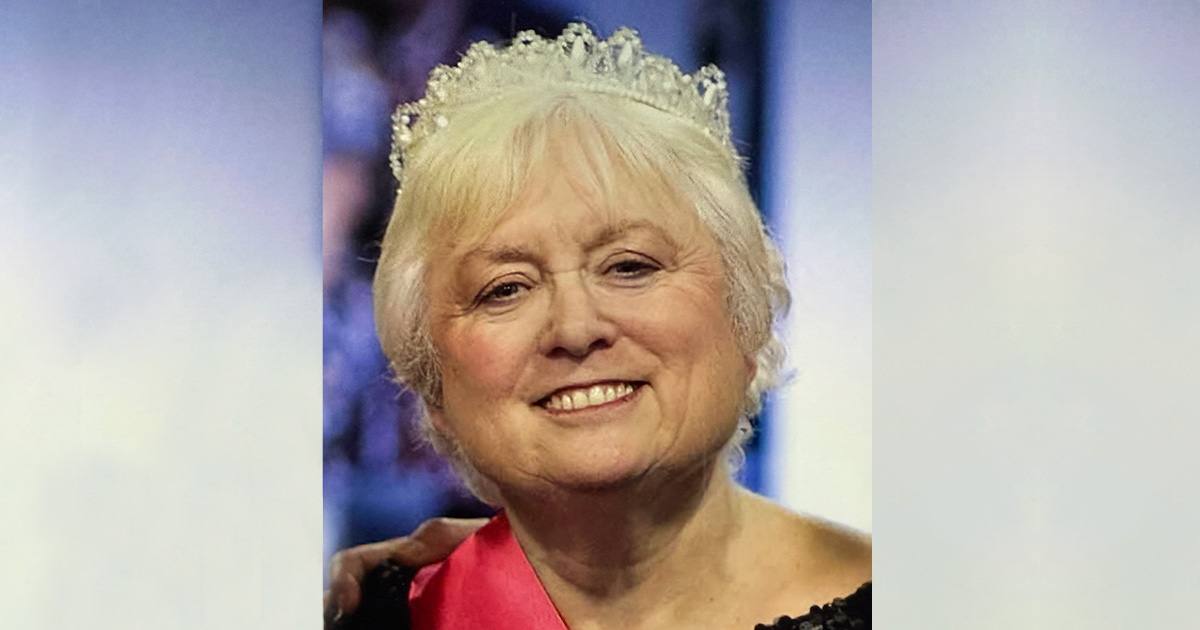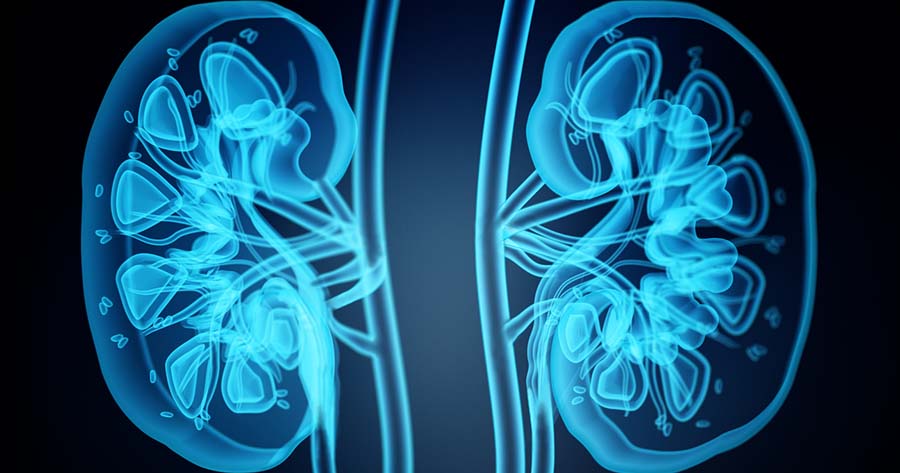While enjoying dinner and a lively discussion about diabetes care at this year’s Diabetes UK Annual Professional Conference, Sue Roberts, the National Clinical Director for Diabetes, turned to me and asked: ‘Where is the leadership in diabetes specialist nursing?’ The question stunned me! Having thought about it, I have to agree with Sue – where indeed have our national diabetes specialist nurse (DSN) leaders gone?
DSNs were amongst the first specialist nurses in the country. The role developed in the late 1970s and early 1980s, with DSNs working closely with their physician colleagues in the delivery of both care and education. This area of nursing was exciting and new. Natural leaders emerged and became renowned nationally, encouraged by their teams to work with Diabetes UK and the Royal College of Nursing to develop the future of diabetes nursing. By the 1990s, most diabetes teams had at least one, if not more, DSNs working with them. We, as DSNs, had many national role models and the role seemed in good hands. Since the late 1990s, however, there have been many changes in both nursing structure and the way diabetes care is delivered, which have impacted on the role of the DSN.
One of the first changes to occur was the development of the diabetes nurse consultant post. Many senior DSNs were appointed to this post, which has led to a hierachical structure in diabetes nursing and, in my view, has perhaps undermined the status of the DSN. At the national level, if an opinion is sought, a nurse consultant will be asked – rarely a DSN. How many DSNs sit on advisory boards now or are asked to go to national meetings? Nurse consultants have also formed their own specialist group, perhaps further distancing themselves from their DSN colleagues.
Role definition
One could ask: ‘What exactly is a DSN today?’ There is a plethora of names for nurses with an interest in diabetes and these include practice nurse, nurse practitioner, nurse facilitator and long-term conditions manager, for example. Are these the new DSNs? Perhaps the time has come to redefine these various roles, clearly identifying the skills needed for the differing pathways that the person with diabetes may follow.
Each nurse with an interest in diabetes needs to work within his or her competence, and these competences need to be closely followed so that the person with diabetes is receiving the most appropriate care at the right time. A practice nurse with an interest in diabetes does not have the same skills or knowledge as a DSN. We, as DSNs, must continue to ensure that self-management and education continue to be considered two of the most important aspects of diabetes care. I believe, therefore, that the DSN can still maintain a profile as an expert in the line of care.
A need to unite?
Across the country, DSNs are being made redundant or being redeployed; is now the right time to raise the DSN profile higher? There are several groups which represent DSNs – perhaps they should unite if our voice is to be heard. An example might be the transition that occurred when our medical colleagues formed the Association of British Clinical Diabetologists and thus became an increasingly powerful group, advocating the role of the diabetologist. Diabetologists have also set up a Specialist Services Liaison Group, which meets with Sue Roberts at the Department of Health on a regular basis, ensuring there is good exchange of information in both directions. Why haven’t we formed a group such as this? Or should DSNs perhaps sit in on this specialist interest group so that we are able to raise the importance of DSNs in the multidisciplinary team?
On a slightly cynical note, there may be many other reasons for a lack of leadership – study leave has been stopped, and there is so much management for the top-banded DSNs to do that they are overwhelmed, for example. The constant changes in both diabetes care and the NHS have led us to become tired and disillusioned, with many nurses working in isolation. I feel that the much-needed support and direction of the multidisciplinary team has been lost.
So I put these questions to my fellow colleagues: Are there leaders in our specialty? If so, why does it appear to others that we are a ‘lost tribe’? If there is a lack of leadership, should we be identifying our future leaders and be working to ensure that the role of DSN is fully recognised and appreciated? Or has diabetes specialist nursing become so disparate that we have lost our specialty?
Please write in to the journal with your comments, opinions and solutions!





NHS England to allow weight-loss injections for prioritised patient cohorts from late June.
5 Apr 2025